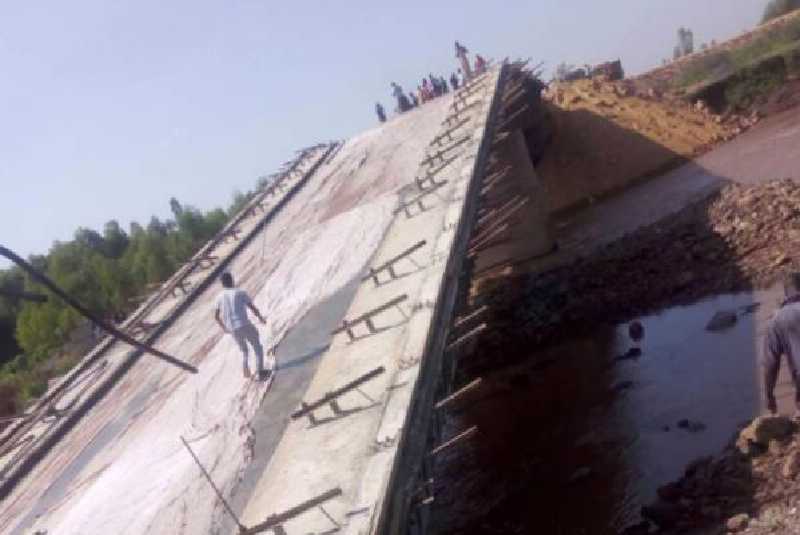×
The Standard e-Paper
Fearless, Trusted News

The Sigiri Bridge under construction in Busia. It caved in on June 26, 2017. [File, Standard]
The High Court has declined to lift the suspension of an engineer over the collapsed Sh992 million Sigiri Bridge in Budalang'i.